A controversial trade deal between the EU and South America's Mercosur bloc is back in the spotlight with renewed hopes of a deal by year end – despite fierce opposition from key country France.
The blockbuster trade pact between the 27-country European Union and Mercosur countries – Brazil, Argentina, Paraguay and Uruguay – has been 25 years in the making and would create the world's biggest free-trade zone.
The contours of a deal were agreed in 2019 but some EU states blocked its ratification over environmental concerns.
Chief opponent France is still trying to stop it in its tracks – with angry farmers staging fresh protests Wednesday in both Paris and Brussels against an accord they fear will flood the bloc with cheaper agricultural goods.
French Prime Minister Michel Barnier reiterated that stance during talks with European Commission head Ursula von der Leyen in the Belgian capital.
"I informed the president that as it stands this deal is unacceptable for France, and France will not accept it," Barnier told reporters afterwards, adding with a hint of warning: "I would not recommend overriding the position of a country like France."
But officials point to a real push inside the commission, in charge of EU trade policy, to get a Mercosur deal over the line with or without France.
The agreement's biggest European supporters, including Spain and Germany, believe it can be struck before year end, and South American officials were also optimistic.
"I see that both blocs are very interested in completing the remaining parts of the agreement," said Argentina's international economic relations secretary, Marcelo Cima.
"I understand that there is still some work to do to be able to finish, but there is a very good atmosphere," Cimam, who was ousted from the government, told AFP.
Spanish Prime Minister Pedro Sánchez pointed last month to two key meetings as a chance to move things forward: the G20 summit in Brazil on November 18-19, and a Mercosur gathering in Montevideo in December.
European officials and diplomats dismissed the likelihood of a deal at the G20 talks, calling it "premature" and "very hypothetical."
But Sánchez has said an agreement was "very close", while German leader Olaf Scholz is pushing for negotiations to "be finalised quickly."
French resistance
For many, the speculation will feel like deja vu.
In December last year, both sides wanted to put the final seal on the deal but it fell at the last hurdle over the EU's environmental demands.
Some member states, including France, were especially concerned about deforestation in the Amazon, and wanted commitments to ensure its protection.
This time around, France is seeking to form a blocking minority – requiring four member states under EU rules–although its ability to do so is unclear.
The country's Agriculture Minister Annie Genevard said Paris was "actively working" to persuade fellow EU countries to use their veto against it.
But while some countries including Austria have in the past criticised the pact, others such as Ireland and the Netherlands want to judge the latest deal before taking any formal position.
Farmers' beef
The pact has provoked farmers' ire because they fear any agreement would open European markets to cheaper meat and produce that are not forced to adhere to strict rules on pesticides, hormones, land use and environmental measures.
Pan-European farmers' group Copa-Cogeca and other European agricultural organisations have raised concerns about Brazil's "persistent issues in meeting European food safety standards" and urged policymakers to reassess the agreement.
There was an attempt to appease farmers with talk of cash for those negatively impacted but that was given short shrift by the industry.
"For our sectors, this appears more like a fake quick fix rather than a genuine solution," different groups including Copa-Cogeca said in a separate joint statement.
On the South American side, one contentious issue was an EU anti-deforestation law that would ban importing goods such as beef and coffee produced on deforested land–but the EU is delaying those rules for one year to give more time for preparation.
The difficulties getting the deal done have led to some calling for change over how the EU negotiates trade agreements, including Germany's Scholz.
"They must succeed more quickly and they must also be less dependent on individual member states," he said, in what appeared to be a dig at France.
In Brussels, meanwhile, the EU's designated top diplomat Kaja Kallas voiced support for the Mercosur deal during her confirmation hearing this week, warning that unless the bloc goes ahead “this void will be really filled by China."
related news
by Raziye Akkoc & Aldo Gamboa, AFP












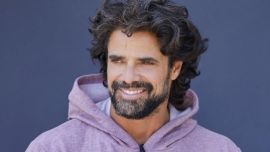





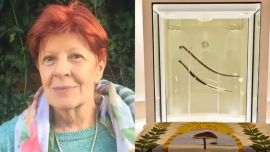
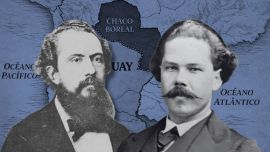
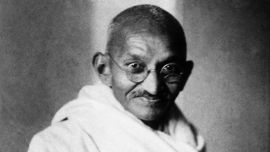
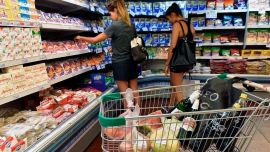
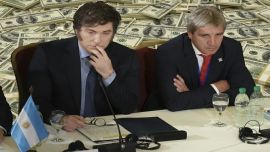
Comments